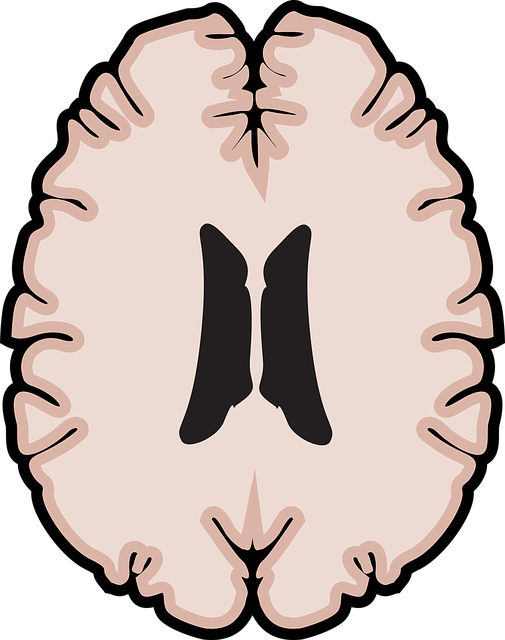Developing a marketing strategy for Littleton Psychosis Therapy centers on understanding its target audience—individuals facing psychotic episodes or mental health challenges. By segmenting users based on demographics and psychographics, developers can create personalized content and features, emphasizing therapeutic techniques, emotion tracking tools, and user testimonials to build trust. This tailored approach ensures the app resonates with diverse needs, from acute mental illness to everyday stress management, fostering engagement and community among users seeking digital mental wellness solutions.
The market for mental wellness apps is thriving, and effective marketing strategies are key to success. This guide explores how to develop a robust strategy for the Littleton Psychosis Therapy app, targeting specific user needs related to mental health challenges.
First, understand your audience by identifying demographics, psychographics, and their unique struggles. Create detailed buyer personas to inform tailored messaging. Next, craft a compelling value proposition highlighting the app’s unique features, setting it apart from competitors. Finally, implement a multi-channel marketing approach, leveraging digital platforms, content creation, and strategic partnerships for maximum reach.
- Understanding Your Target Audience for Littleton Psychosis Therapy App
- – Identify key demographics and psychographic segments
- – Analyze user needs and challenges related to mental health
Understanding Your Target Audience for Littleton Psychosis Therapy App

Developing a marketing strategy for a mental wellness app like Littleton Psychosis Therapy begins with a deep understanding of your target audience. This involves identifying individuals who are most likely to benefit from the app’s offerings, such as those dealing with psychotic episodes or related mental health challenges. By focusing on this specific demographic, the app can tailor its content and features to meet their unique needs.
For instance, marketing efforts could emphasize the app’s ability to provide accessible and discrete support for individuals experiencing symptoms of psychosis. Highlighting features like cognitive behavioral therapy techniques, mindfulness exercises, and tools for tracking and managing emotions can resonate with users seeking effective emotional healing processes and conflict resolution techniques. Using compelling narratives and testimonials from satisfied users who have benefited from the app can further engage potential customers, fostering a sense of trust and understanding within this niche audience.
– Identify key demographics and psychographic segments

Identifying your target audience is a crucial step in crafting an effective marketing strategy for a mental wellness app. When it comes to apps focused on therapy and psychosis treatment, like Littleton Psychosis Therapy, understanding key demographics and psychographics is essential. Demographically, this might include targeting specific age groups, genders, or individuals with particular mental health conditions. For instance, apps catering to burnout prevention strategies would likely appeal to working professionals, while those offering support for risk management planning in mental health could attract practitioners seeking enhanced coping mechanisms.
Psychographically, consider the interests, values, and lifestyles of your potential users. This could involve marketing apps that promote mental health education programs design, emphasizing mindfulness and self-care practices among urban dwellers or individuals leading fast-paced lives. By segmenting your audience based on these factors, you can create tailored messaging and choose suitable channels to reach those in need of digital mental wellness solutions.
– Analyze user needs and challenges related to mental health

Understanding user needs is a cornerstone of developing an effective marketing strategy for mental wellness apps. With issues like littleton psychosis therapy gaining attention, it’s clear that many individuals are seeking support for their mental health challenges. Marketing efforts should focus on recognizing and addressing these diverse needs, which can vary widely from person to person. Some users might be dealing with acute episodes of mental illness, while others seek ongoing management of stress or coping mechanisms for everyday life’s pressures.
By conducting thorough user research, app developers can identify specific pain points such as the need for trauma support services, reduction in mental illness stigma, and better stress management tools. Incorporating these insights into marketing campaigns ensures that potential users perceive the app as a relevant and valuable resource tailored to their unique circumstances. This personalized approach can significantly enhance engagement and foster a sense of community among users facing similar mental health journeys.
In developing a marketing strategy for the Littleton Psychosis Therapy app, understanding the target audience is paramount. By identifying key demographics and psychographics, as well as recognizing the unique needs and challenges related to mental health, the app can effectively connect with users. This tailored approach ensures that marketing efforts resonate with those seeking support for psychosis, fostering awareness and adoption of this vital digital therapy tool.














